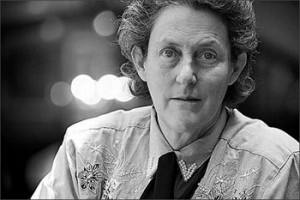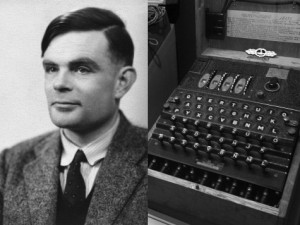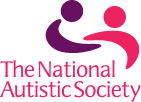 The National Autistic Society (NAS) describe Autism Spectrum Disorder (ASD) as a lifelong developmental condition that affects how you relate to and communicate with other people and make sense of the world you live in.
The National Autistic Society (NAS) describe Autism Spectrum Disorder (ASD) as a lifelong developmental condition that affects how you relate to and communicate with other people and make sense of the world you live in.
Some people also use the term Autism Spectrum Condition, Asperger’s or High Functioning Autism or ‘neurodiverse’ (as opposed to people without autism being ‘neurotypical’).
It is important to understand that just because someone is very able it does not mean their autism is ‘mild’.
Each person is affected by autism in a unique way, but underlying are deficits showing difficulties with social interaction and social communication and restricted and repetitive patterns of behaviour. Up to three quarters of people on the autism spectrum also have sensory impairment, and are hypo- or hyper- sensitive to noise, light, pain etc.
In addition to having a diagnosis of autism, some people live with co-morbidities, such as an additional learning disability, anxiety, OCD and ADHD.
This means that people with autism often have difficulties with everyday life. They can be extremely anxious and find change difficult. With the right understanding, people with autism can lead more fulfilling lives.

In the UK, it’s estimated that about one in every 64 people has autism.
There is no ‘cure’ for autism, but a wide range of support strategies – including education and behaviour support – can help people with the condition..
The three main areas of difficulty which all people with autism share are sometimes known as the ‘triad of impairments’.
They are:
- difficulty with social communication
- difficulty with social interaction
- difficulty with social imagination.
It can be hard to create awareness of autism as people with the condition do not ‘look’ disabled: parents of children with autism often say that other people simply think their child is naughty; while adults find that they are misunderstood.
Signs and symptoms
ASD can cause a wide range of symptoms, which are often grouped into two main categories:
- Problems with social interaction and communication – including problems understanding and being aware of other people’s emotions and feelings; it can also include delayed language development and an inability to start conversations or take part in them properly.
- Restricted and repetitive patterns of thought, interests and physical behaviours – including making repetitive physical movements, such as hand tapping or twisting, and becoming upset if these set routines are disrupted.
People with autism may find it difficult to:
- make sense of the world
- be adaptable to new situations
- learn
- understand emotions
- make decisions
- maintain good mental health and wellbeing.
Children w ith more severe symptoms and learning difficulties are likely to need more additional care and assistance to live independently as adults, although there is no reason why they and their families cannot enjoy a good quality of life.
ith more severe symptoms and learning difficulties are likely to need more additional care and assistance to live independently as adults, although there is no reason why they and their families cannot enjoy a good quality of life.
Strengths and abilites of those living with autism
- A different perspective
- good memory
- in depth knowledge on specialist subjects
- determination
- structured and well organised
Remember; if you meet one person living with autism, you have met only one person.
Getting a diagnosis
Autism features can often be recognised in children before the age of two or three years. However for many, the signs will often only become more noticeable as they get older.
 See your GP or health visitor if you notice any of the symptoms of autism, or if you’re concerned about your child’s development. You can discuss your concerns together in depth before deciding whether your child should be referred for specialist assessment. It can also be helpful to discuss your concerns with your child’s nursery or school.
See your GP or health visitor if you notice any of the symptoms of autism, or if you’re concerned about your child’s development. You can discuss your concerns together in depth before deciding whether your child should be referred for specialist assessment. It can also be helpful to discuss your concerns with your child’s nursery or school.
Adults can also be diagnosed with ASD. See your GP if you are concerned. They may use a screening tool to check if you have signs of autism and they can refer you to appropriate services in your area.
What causes autism?
The exact cause of autism is unknown, but it is thought that several complex genetic and environmental factors are involved. In some cases, an underlying condition may contribute to autism.
In the past, some people believed that the MMR (mumps, measles and rubella) vaccine caused autism, but this has been investigated extensively in a number of major studies around the world, involving millions of children, and researchers have found no evidence of a link between MMR and autism.
Autism in adults
Some people with autism had features of the condition as a child, but enter adulthood without ever being diagnosed. However, getting a diagnosis as an adult can often help people with autism and their families understand the condition and work out what kind of support they need.
A number of autism-specific services are available to help adults with autism find advice and support, get involved in leisure activities and find somewhere they are comfortable.
Some adults with autism may have difficulty finding a job because of the social demands and changes in routine that working involves. However, they can get support to help them find a job that matches their abilities and skills.


